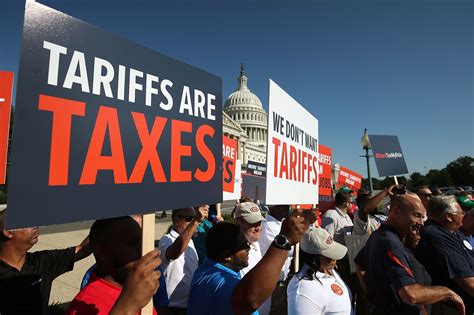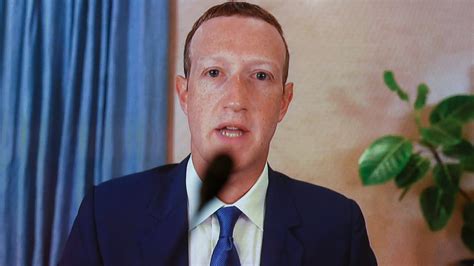Renowned media critic Robert W. McChesney passed away at the age of 72, leaving behind a profound legacy in the realm of communication studies and journalism ethics. His insightful critiques of corporate media ownership and online information dominance by tech giants like Facebook and Google have reverberated through academic circles and public discourse for years.
A man of both academia and practical journalism experience, McChesney’s voice was not just theoretical but rooted in real-world observations. As the founding publisher of The Rocket, a music magazine based in Seattle that notably reviewed Nirvana’s first single, he understood the power of media in shaping cultural narratives and influencing public opinion.
Understanding Corporate Media Influence
Throughout his career, McChesney delved into the intricate relationship between capitalism, democracy, and journalism. He believed that when a handful of corporate behemoths control the news landscape, they wield disproportionate influence over what people perceive as reality. This concentration of power stifles diverse viewpoints and critical perspectives essential for a vibrant democratic society.
The Internet’s Betrayal of Democratic Ideals
McChesney’s work extended to analyzing the impact of digital technology on media ecosystems. While many initially viewed the internet as a beacon of hope for democratizing information access, he cautioned against such optimism. In his seminal book “Digital Disconnect: How Capitalism Is Turning the Internet Against Democracy,” McChesney argued that instead of fostering an open marketplace for ideas, online platforms were being hijacked by profit-driven motives.
According to McChesney, the commercialization inherent in capitalist systems was eroding the democratic potential of cyberspace. The prioritization of clickbait content over substantive journalism was reshaping public discourse into a shallow pool dominated by superficial entertainment rather than informed civic engagement.
A Call for Action
At the core of McChesney’s message lay a plea for reevaluation and reform within media landscapes globally. He advocated for measures such as nationalizing tech giants like Facebook and Google to mitigate their monopolistic control over information flows. By challenging entrenched power structures within media conglomerates, he sought to uphold journalistic integrity and safeguard democracy against manipulation.
As we reflect on Robert W. McChesney’s formidable legacy posthumously, his insights continue to resonate with those grappling with contemporary challenges around media ownership, digital disruption, and democratic governance. Through his pioneering scholarship and impassioned advocacy for a more equitable communication environment, he leaves behind a lasting imprint on how we perceive the intersection of media dynamics with societal progress.
In honoring his memory, let us heed McChesney’s clarion call to defend independent journalism as a cornerstone of democracy itself—a beacon guiding us through turbulent seas towards an informed citizenry empowered to shape its collective destiny.




Leave feedback about this